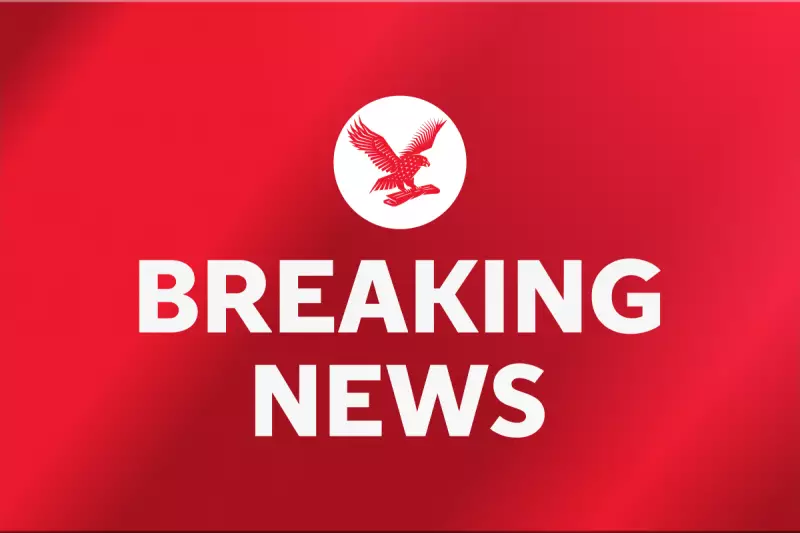
In a significant shift that could reshape European diplomacy in the Middle East, French President Emmanuel Macron has announced that France is no longer willing to wait for a unified EU position and is prepared to recognise Palestinian statehood on its own terms.
The declaration, made during a joint press conference with Jordan's King Abdullah II in Paris, marks a departure from France's traditional stance of seeking a collective European approach. President Macron described the recognition as a legitimate "diplomatic tool" to achieve a credible two-state solution.
A Change in European Posture
"Our partners in the region, notably Jordan, are working on it, and we are working with them on it. We are ready to contribute to it, in Europe and in the Security Council," Macron stated, signalling a more proactive French role.
This move places France alongside Spain and Ireland, who have recently indicated a similar willingness to recognise Palestine. It creates a new diplomatic front that increases pressure on Israel and challenges the United States' dominant role in peace negotiations.
The Rationale: A Stalled Peace Process
Macron justified the potential unilateral recognition by pointing to the decades-long stagnation of the peace process. He argued that the traditional framework, reliant solely on negotiations between the two parties, has failed to yield results.
"The recognition of a Palestinian state is no longer a taboo for France," he emphasised, framing the decision as a pragmatic response to a broken status quo. The aim is to create renewed political momentum for a viable peace plan.
International and Domestic Reactions
The announcement is likely to be welcomed by Arab nations and much of the Global South, but will undoubtedly strain relations with Israel. The Israeli government vehemently opposes such unilateral moves, arguing they undermine direct negotiations.
Domestically, Macron's position may also draw criticism from opposition parties and groups that support a more unwavering alliance with Israel. However, it aligns with France's historical efforts to position itself as a balanced actor in the region.
What Happens Next?
While a firm timeline was not provided, Macron's statement indicates that diplomatic efforts are underway. The focus will now be on building a coalition of like-minded European nations and formulating the conditions under which recognition would be formally granted.
This development signifies a potential watershed moment in the international community's approach to the Israeli-Palestinian conflict, with European powers increasingly willing to take independent action to break the deadlock.





